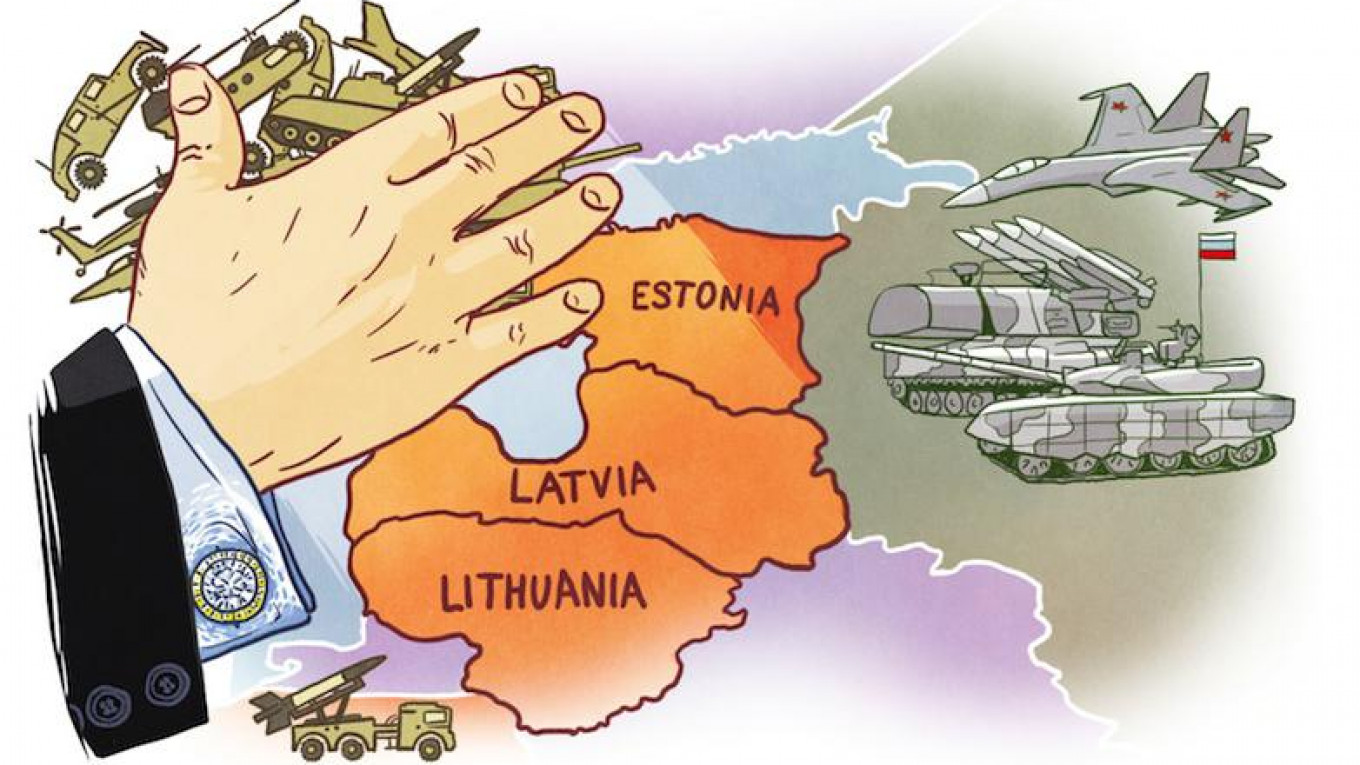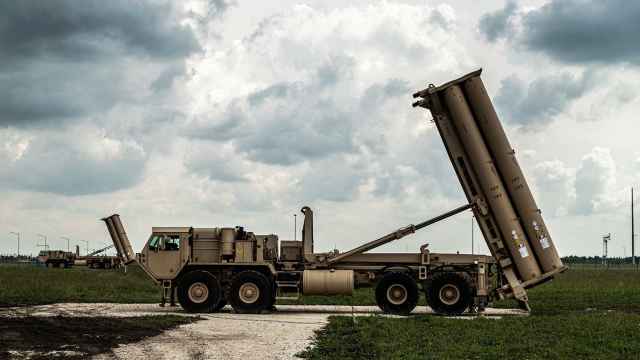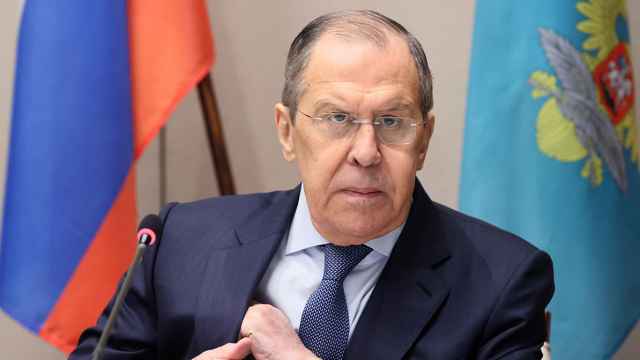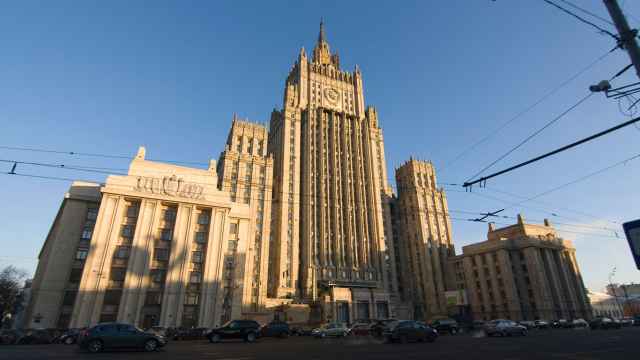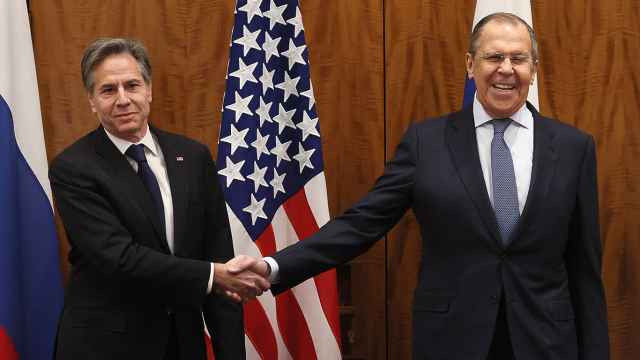As the world attempts to stabilize itself following the political earthquake of Donald Trump's election, Europe's eastern frontier is bracing itself for a shaky future.
On Nov. 9, NATO members Lithuania, Latvia and Estonia extended cautious congratulations to the new President-elect. But his unexpected victory was not the result they had hoped for.
Throughout the campaign, the Republican candidate made hostile comments over Baltic security ambitions. He pledged to make the border states pay for their own defense, espoused a more Moscow-friendly foreign policy and indicated he would be scarcely interested in conflicts taking place thousands of kilometers from American shores.
Window to the East
Since regaining independence a quarter of a century ago, the three Baltic states have firmly entrenched themselves within Western security frameworks. They joined both NATO and the EU in 2004, and have been prominent advocates of both structures ever since.
But this year has brought the sledgehammer blows of the Britain’s Brexit vote — withdrawing Britain from the EU — and the election of the NATO-skeptic Mr. Trump.
“The two pillars of our security are weakened,” admitted Sandra Kalniete, a Latvian MEP, writing on her Facebook page.
Trump’s allies have offered the Baltics scarce comfort over their foreign policy ambitions. One potential Trump secretary of state, Newt Gingrich, recently dismissed the idea of Estonian statehood, arguing that it was practically Russian territory anyway and not worth defending. “I’m not sure I would risk a nuclear war over some place which is in the suburbs of St. Petersburg,” he told CBS.
Neighboring Lithuania has also long regarded America as a key pillar to its modern sense of statehood.
If you walk past Vilnius’ city hall, you will see an inscription of a 2002 speech by George W Bush: “anyone who would choose Lithuania as an enemy has also made an enemy of the United States of America.” This bold statement was made even prior to Lithuania and the other Baltic states’ 2004 incorporation into NATO.
Trump has made the region’s security establishment nervous. In July, the head of the Latvian parliament’s foreign relations committee. Ojars Eriks Kalnins, branded Trump’s statements “very dangerous” and claimed they undermined decades of cooperation with several U.S. Administrations.
Immediately southwest of Lithuania is the Russian exclave of Kaliningrad, a strategic region that hosts Russian ships and, more recently, nuclear-capable Iskander missiles.
Kaliningrad is sometimes referred to in Western defense circles as Russia’s “natural aircraft carrier.” It is also an advantageous military staging area. Given Russia’s close relationship with neighboring Belarus, forces stationed in Kaliningrad could theoretically close the so-called Suwalski Gap between Poland and Lithuania in short order. This would cut the Baltics adrift from the rest of Europe.
The second scenario feared by analysts is that of a “hybrid-war” similar to those used in eastern Ukraine and Crimea. Latvia is seen as perhaps the most vulnerable in this regard due to its large ethnic Russian minority — more than a quarter of the population.
Russian TV channels have long been active in the republic, supporting local initiatives like a failed 2012 referendum to make Russian the country’s second official language.
Many Russian speakers living in Latvia also argue that they have been denied full democratic participation. A decision to deny Russian speakers automatic citizenship rights in the 1990s left around 300,000 — mostly elderly — people with “non-citizen” status.
A Beacon of Hope
The mood in the Baltics is different to the one in 2014 when Russia annexed Ukraine’s Crimean peninsula. That was a time of great fear and trepidation. This time around, NATO has been careful to provide firm reassurances. Last week, the organization’s secretary-general Jens Stoltenberg issued a direct warning to the president-elect in the form of an op-ed in Britain’s Observer newspaper, writing that “going it alone is not an option, either for Europe or for the U.S.”
The alliance has pledged to increase its air policing operations and to add 4,000 ground troops, the equivalent of a four international battalions, to the Baltic states and Poland.
“We have implemented the biggest reinforcement of our collective defense since the Cold War. We do not seek to provoke a conflict [with Russia], but to prevent one,” Stoltenberg’s article read.
Politicians have also urged people not to panic about the Trump presidency. Latvia’s Prime Minister Maris Kucinskis told Latvian Independent Television that he expected “stable” commitment to the region.
“We respect the choice of the American people and our policy is not going to change because of that.” In addition, Latvia’s National Security Committee Head Solvita Aboltina stressed that “Latvia will do its best to build a pragmatic, constructive relationship with the new U.S. Administration.”
Linas Linkevicius, Lithuania’s foreign minister, said he draws comfort from the U.S. Republican party’s traditional backing of NATO and its previously solid defense of the Baltics and the rest of Eastern Europe.
There have been a few hints, too, that Trump’s criticism of the role of NATO may be tempered once in office. Speaking after a meeting with the President-elect, President Barack Obama said Mr. Trump had assured him there would be “enormous continuity” between the two presidencies, and that the U.S. would remain a “pillar of strength” and “a beacon of hope” to peoples around the globe.
A Message from The Moscow Times:
Dear readers,
We are facing unprecedented challenges. Russia's Prosecutor General's Office has designated The Moscow Times as an "undesirable" organization, criminalizing our work and putting our staff at risk of prosecution. This follows our earlier unjust labeling as a "foreign agent."
These actions are direct attempts to silence independent journalism in Russia. The authorities claim our work "discredits the decisions of the Russian leadership." We see things differently: we strive to provide accurate, unbiased reporting on Russia.
We, the journalists of The Moscow Times, refuse to be silenced. But to continue our work, we need your help.
Your support, no matter how small, makes a world of difference. If you can, please support us monthly starting from just $2. It's quick to set up, and every contribution makes a significant impact.
By supporting The Moscow Times, you're defending open, independent journalism in the face of repression. Thank you for standing with us.
Remind me later.


